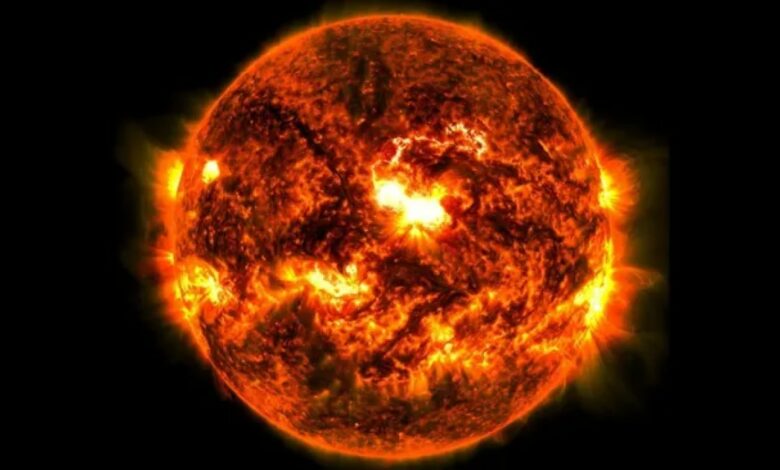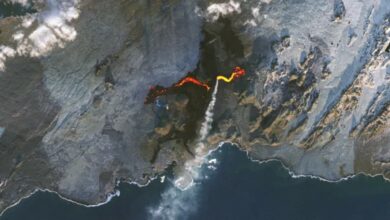Evidence of massive solar storm on Earth found in tree rings

In a study published in Communications Earth & Environment, scientists discovered evidence of an immense solar storm that hit Earth around 664-663 B.C. struck. According to reports, researchers from the University of Arizona, including dendrochronologist Dr. Irina Panyushkina and radiocarbon expert Dr. Timothy Jull, said that this “Miyake event” left traces in ancient tree rings. These findings highlight the potential dangers such storms pose to modern, technology-dependent societies.
What are Miyake Events?
Named after Japanese physicist Fusa Miyake, who first identified them in 2012, Miyake Events are characterized by a sharp increase in radiocarbon isotopes. These events are extremely rare: there have only been six confirmed events in the last 14,500 years. The latest was detected in tree-ring samples from Siberia, providing crucial insight into ancient solar activity.
Radiocarbon is created when cosmic rays interact with nitrogen in the atmosphere, eventually converting into carbon dioxide, which trees absorb during photosynthesis. Dr. Panyushkina explained in a statement that carbon-14 enters tree rings as part of the wood and records solar activity year after year.
Evidence from trees and ice cores
To confirm the findingsthe team compared tree ring data with beryllium-10 isotopes trapped in ice cores from polar regions. Both isotopes increase during increased solar activity, providing a dual record of past events.
The researchers matched the data to pinpoint the event’s occurrence nearly 2,700 years ago. Dr. Panyushkina said in another statement that by analyzing radiocarbon in tree rings next to beryllium-10 in polar ice, they can confirm the timing of these rare solar storms.
Implications for modern technology
While fascinating, such events could devastate today’s technology-dependent world. Satellite networks, electricity grids and communications systems would be at significant risk if a storm of this magnitude were to occur now, scientists warned, according to sources.




